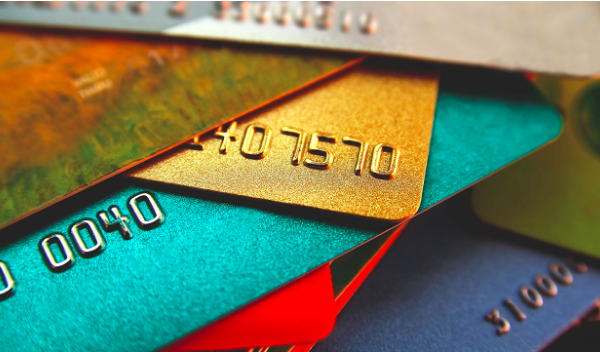Financial institutions and NBFCs check your CIBIL score to determine whether you are a creditworthy customer for an unsecured loan. Such loans do not require you to provide collateral. The lender does risk a loss of capital in case the borrower defaults on the loan.
Your CIBIL score denotes how creditworthy you are to avail a loan, especially unsecured advances. Financial institutions check your credit score to see whether you are safe to avail of such a loan. It acts as security for them since these loans don’t require you to provide collateral.
A missed EMI or default can cause loan application rejections. Also, multiple loans and credit cards will deem you a credit-hungry individual for future references.
Hence, your credit score is the only security that lenders depend upon. The higher your CIBIL score, the more eligible you are to avail a loan. Before knowing what is a good CIBIL score, you have to know everything about your credit score.
What is a Credit Score?
Every individual who has availed a credit will have a credit score. It is a 3-digit number that ranges from 300 to 900.
Various credit information companies in India like Equifax, Highmark, Experian, and CIBIL provide the credit score. These companies base the score on multiple data of individuals collected from the financial institutions they have availed a credit from.
CIBIL has more than 2,400 member NBFCs, financial institutions, etc. Hence, the credit score provided by CIBIL is considered by the majority of lenders.
The company calculates the score based on an individual’s Credit Information Report (CIR) or just, credit report.
What is a Good CIBIL Score?
A good CIBIL score is 750 and above. The majority of lenders approve loan applications for individuals who have such a credit score or better.
The score depends on various factors of the CIR. The CIR contains your personal information and various other data.
Some of the factors in the CIR are also the reason why financial institutions check your CIBIL score.
Few of these include:
1. The Type of Credit Availed
The CIR contains what kind of credits you have availed. For example, loans or credit cards. Generally, a mix of secured and unsecured credits improves the CIBIL score.
2. The Size of the Credits
The credit report will also contain the total amount of credit you have availed. It will also tell the outstanding balance that you are yet to repay.
The size of the credits does not affect the credit score. However, a lender might reject the loan application if you already have multiple active loans or credit cards. Such situations make you risky for default even if you have a high CIBIL score.
3. Overdue Amount
The CIR also shows the amount that is overdue from the lender. Also, it will tell duration of such due payments.
Failure to pay loan EMIs and credit card bills within the due time will lower your credit score. Make sure to pay your debt in due time now that you know what is a good CIBIL score.
4. Settled or Written Off Credits
Credits settled or written off also appear in the CIR. Lenders settle a loan when you default on it. Such situations will lower your credit score.
The same can also cause your loan application to get rejected even if you have a good CIBIL score.
5. Number of Enquiries
A lender will inquire about your CIBIL score and credit report every time you apply for unsecured credit. The CIR also records these inquiries. Your credit score lowers with each inquiry.
Hence, multiple credit applications leading to several inquiries will reduce your CIBIL score drastically. So, refrain from making simultaneous credit applications.
Your credit report will also have the credits settled or written off. Such credits will also lower your CIBIL score.
Lastly, it will also include the number of inquiries made by lenders and the application rejections you have faced.
6. Credit Rejection
The CIR also includes the number of application rejections you have faced. A lender will add a note to your credit report when he/she denies your loan. Credit rejections will also lower your CIBIL score.
Further, another lender can also refuse you a financial advance upon noticing such defaults. Such refusals can happen even if you have a good credit score.
In such situations, it is recommended to wait for a few months before the application for another loan. Opt for lenders who provide financial advances based on credit scores around or above 750.
Now that you know what is a good CIBIL score, look for ways to improve it. It’s very important to know how to improve the cibil score, as a high CIBIL score and a sound credit report reduce your chances of loan rejection irrespective of the situation.










